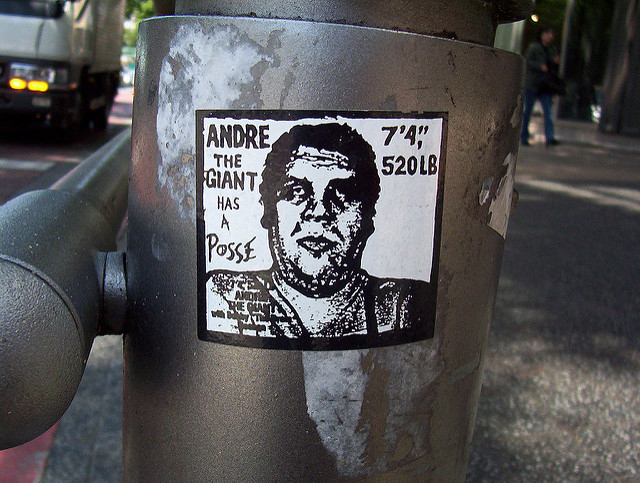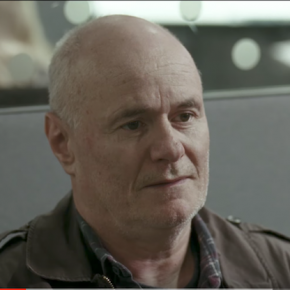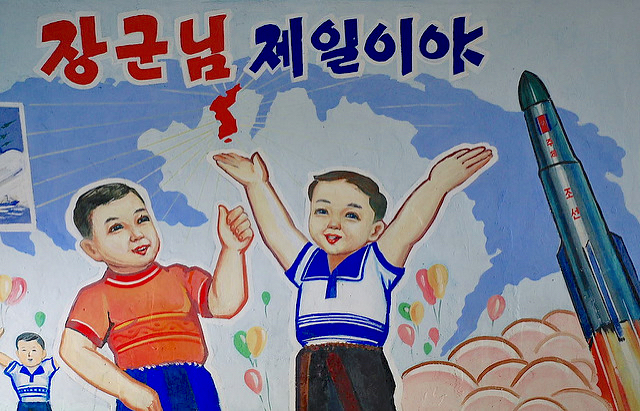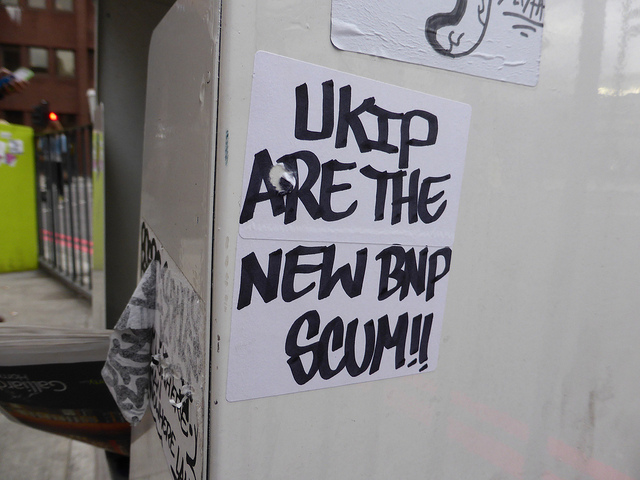We’ve all seen them on social media. And we’ve all shared them. A photo or a cartoon posted with a message superimposed on it in big, white capital letters. Often it’s an in-joke, a piece of satire, or even a political statement. All memes really say one thing: share this post.
When we think of memes we’re really thinking of the spontaneous replication of a message across a medium. Sometimes by thousands of people. Online the number of shares, likes and retweets you get, define you. This may be the apogee of what the situationist Guy Debord called ‘the spectacle’. What was once lived is now a representation.
Of course, the world before the internet and mass media was also a world of representation. But there is no world without representation. Language is as much a representation as an advert on a billboard. Indeed, the latter usually employs the former. Debord’s point was to highlight a new layer to this picture. The spectacle of mass media, pop culture and advertising. Social media is the highest stage of the society of the spectacle.
This is why seemingly intangible things have such power in the real world. The representation is objective insofar as we can all see it and it stands outside our subjective experience. In another more literal sense, the posts on social media are objectified as slabs of data in servers dotted throughout the world. What happens online has a materiality which underlies it.
If social media is a part of the superstructure, the world of coding and servers is its raw material, Silicon Valley is the material base. But beyond the metaphor of a single industrial hub, the infrastructure that spans the globe is the physical basis of this superstructure. It gets deeper and darker, the further you look.
As you type your status on Facebook, you’re merely performing your labour for free. Your status update is quickly objectified in the form of data before it can be used as a means of generating income through advertising. If it used to be that your real job was shopping, nowadays your real job is posting online. You’ve always worked so someone else doesn’t have to – the bosses are still out there – profits are what you make when you don’t work.
In this sense, what is a meme? It’s something produced for free and distributed for free through the nodes of interconnected social media accounts. It’s an online culture industry, and as wonderful as the dissemination of ideas may be, the meme is as much a form of pacification as it is a piece of cultural action. But this may be true of the internet in general.
The politics of the internet
The early political responses to the internet were varied and complex, but there were common tendencies which allow for categories to take shape. There’s what you might call high-tech liberalism, the view that the web perfects a market system where individuals can compete openly and rise and fall according to their own merits. This is what Bill Gates really means when he talks up ‘creative’ capitalism. This is the ideology of Steve Jobs and Mark Zuckerberg.
The dynamism and innovation of information technology opens up a new market for ideas and everything else. Not only does it liberate the individual, it means you can give back to society and cure poverty by funnelling money out of your IT investments into charitable causes. This is the beginning of a new era, where free individuals move beyond the old barriers of class and become entrepreneurs online.
Except it was all bollocks. The vertical concentration of power and wealth has only become more extreme since the internet was launched. No matter how much money Bill Gates gives to charity, the source of his wealth will always be the system which depends upon poverty and the scarcity of resources to sustain itself.
At the other end of the spectrum is a kind of high-tech radicalism. It’s the kind of quasi-accelerationism embraced by a lot of anarchists these days. The idea is that the internet hastens de-commodification, turning over music and film to the free realm of downloads. It’s also a democratising force for art, culture and media. All that’s needed is a political and economic framework to complete the picture.
Before high-tech radicalism, you had the cyber-utopianism of the 1990s and early 2000s defined by John Perry Barlow’s manifesto ‘A Declaration of the Independence of the Cyberspace’. The idea of self-regulating networks and a leaderless mass of decentralised power was at the core of Barlow’s vision of the new techno-utopia. It had to be free of state intervention and capitalist monopoly. Barlow issued a warning in his manifesto:
Governments of the Industrial World, you weary giants of flesh and steel, I come from Cyberspace, the home of Mind. On behalf of the future I ask you of the past to leave us alone. You are not welcome among us. You have no sovereignty where we gather.
Except the leaderless world just made it easy for new leaders and new powers to emerge. Monopolies soon took hold and the state was soon collating the data harvested from the internet. Once again, the dream of anarchy was curtailed by the tyranny of structurelessness. This lesson was learned by some radicals who engaged in communal experiments in the 60s. But it may only dawn on the radical left today with the rise of the alt-right and neo-reaction.
This isn’t the case for a kind of low-tech Marxist conservatism. The ambiguity of the model of self-regulating networks, autonomous and independent from central control is nothing new. Modernity is ambiguous, even at times Janus-faced. The birth of capitalism was a great emancipation from feudalism and later slavery, but as it swept away the old tyranny it brought about new limits and a new form for wealth production and exploitation. The internet just poses new questions in this story.
Photograph courtesy of Joshua Rappeneker. Published under a Creative Commons license.





